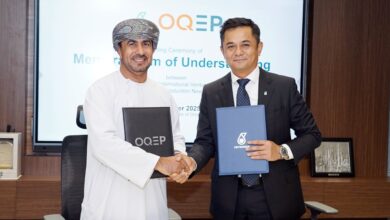ExxonMobil proposes hydraulic fracturing fluid disclosure in Europe
Exxon Mobil Corp is calling for the adoption of a systematic hydraulic fracturing fluid disclosure program in Europe to provide information to communities, policymakers and regulators about natural gas development technologies.
“ExxonMobil believes that a comprehensive disclosure program allows citizens and communities to consider this technology with a strong factual foundation. We believe that will lead to open discussion about environmental protection and risk management and the potential benefits of shale development in Europe,” said Rex W Tillerson, ExxonMobil chairman and CEO, in a keynote speech at CERAWeek 2012.
While shale natural gas development is in its early stages in Europe, the resource has the potential to play a significant role in helping meet Europe’s energy requirements over coming decades. “Natural gas from shale holds tremendous promise in many places in Europe due to its lower carbon intensity and suitability for power generation, but we want policymakers and the public to be confident that it can be produced safely and responsibly,” Mr Tillerson said.
ExxonMobil has previously worked with US state regulatory agencies to help create the FracFocus website, an online registry where companies submit data about chemicals used in the hydraulic fracturing of oil and natural gas wells.
Today, FracFocus in the US allows communities and policymakers in the area of a potential drilling site to understand the components of fracturing fluids – and to recognize that the majority of ingredients are safe and already widely used in many other applications, including consumer products. ExxonMobil proposes that a similar initiative be developed in Europe.
By disclosing the specific content of the chemicals mixed with the water and sand for hydraulic fracturing, Mr Tillerson said industry would provide important information to those interested in shale development. He said industry should share its experiences and knowledge in this area with policymakers, regulators and communities.




